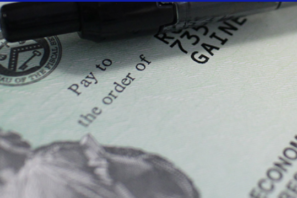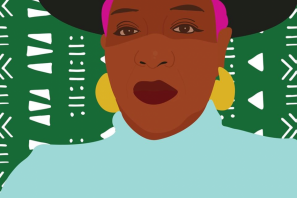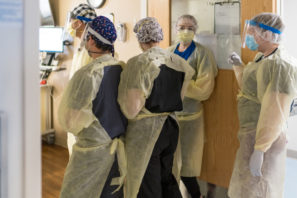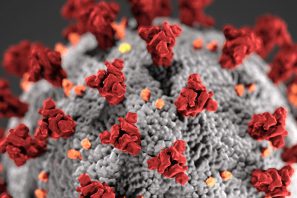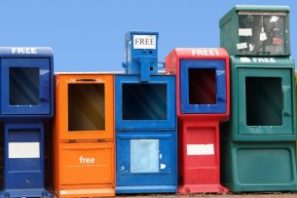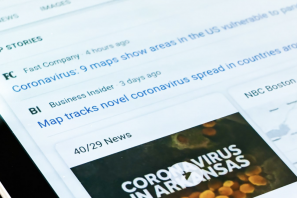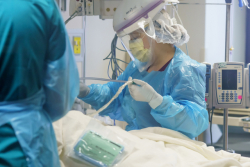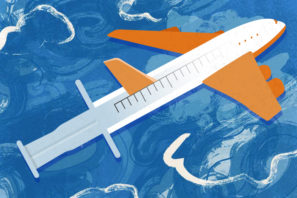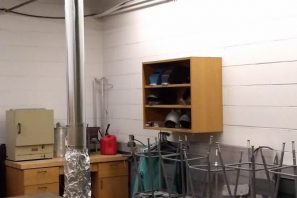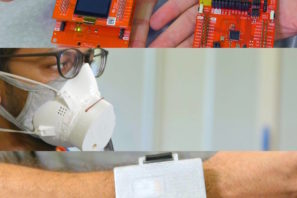Never before had the world looked as it had in the spring of 2020, when the start of the coronavirus pandemic convened a number of unusual circumstances all at once.
Q&A with Assistant Professor of museum studies and cultural heritage informaticist Dr. Porchia Moore.
Convalescent plasma does not effectively prevent the progression of COVID-19 from a mild to severe form of the disease in high-risk patients, according to the results of a national clinical trial that involved University of Florida Health.
Despite pandemic complications, 30% of travelers would consider cruising next year, a survey from the University of Florida shows, with fans of cruising even more willing to get onboard.
Members in UF’s Warren B. Nelms Institute, CISE and ECE are developing an affordable wearable device that indicates appropriate social distancing.
As the COVID-19 pandemic continues to wreak havoc on the world, the resulting economic consequences are negatively affecting people and businesses alike. With unemployment rates rivaling that of the Great Depression and many businesses hanging ‘closed’ signs in their windows, people are struggling to make essential payments – a major one being their personal and business properties.
UF CJC today announced it has received a $30,000 grant from Lumina Foundation to study the financial state of college newspapers during COVID-19.
Dr. Yan Wang received a grant from the National Science Foundation to study misinformation and risk communication during the coronavirus pandemic.
Patients with severe COVID-19 twice as likely to require future hospitalizations for other illnesses
People who have recovered from a bout of severe COVID-19 may still have reason for concern about their health.
In a nationwide online survey, 74% of Americans who traveled for leisure said they were motivated by travel to get a vaccine.
While many spots on campus sit empty, the Department of Physics’ Machine Shop is up and running to aid in an important effort to protect health care workers.
A wristband that tells kids when they’re too close together at school. A wearable that detects a possible COVID infection before you feel sick.

